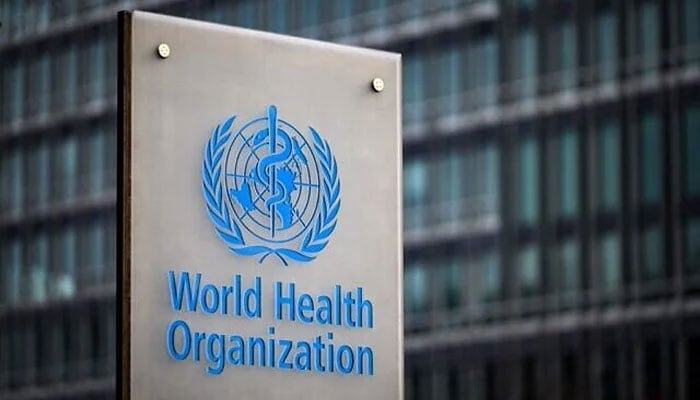WHO supports transitioning tobacco farmers for enhanced food security
Approximately 200,000 hectares of land are cleared each year to make way for tobacco crops
May 27, 2023

GENEVA: The World Health Organization (WHO) announced on Friday its commitment to assisting an increasing number of farmers who are opting to shift away from tobacco cultivation and focus on growing food crops. This initiative aims to strengthen food security, with a particular focus on Africa. In collaboration with other United Nations agencies, the WHO is actively supporting farmers who wish to convert their tobacco farms into food-producing ones.
As the world observes World No Tobacco Day, the WHO highlighted its partnership with UN agencies in facilitating the transition of farmers from tobacco to food cultivation. The successful pilot scheme conducted in Kenya has prompted the UN to expand this program to other countries and continents, with the goal of replicating its achievements.
Ruediger Krech, the WHO's director for health promotion, expressed the urgency of the situation by revealing that a staggering 349 million people currently face acute food insecurity, a significant increase from 135 million in 2019. He emphasized that 124 countries engage in tobacco farming as a cash crop, utilizing an estimated 3.2 million hectares of land. Furthermore, approximately 200,000 hectares of land are cleared each year to make way for tobacco crops.
Aside from the detrimental effects on the health of both smokers and farmers, the WHO highlighted the impact of tobacco farming on food security. The organization expressed concerns about the growing influence of tobacco companies in Africa, as tobacco plantations across the continent have witnessed a nearly 20% increase since 2005. Krech emphasized the need to dispel the myth that tobacco farming contributes significantly to economic growth, as it only accounts for more than 1% of the gross domestic product in five countries: Malawi, Mozambique, Zimbabwe, Tanzania, and North Macedonia. Consequently, the majority of profits go to global tobacco companies rather than benefiting the local economies.











